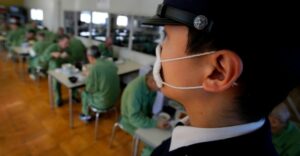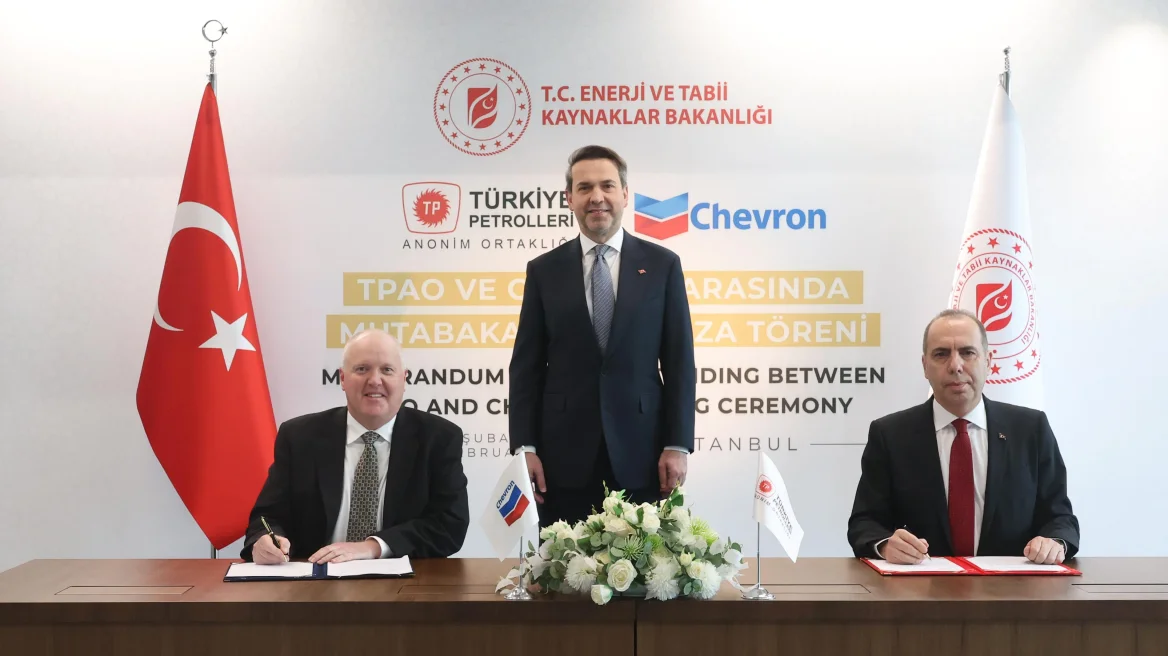The rating agency Moody’s upgraded the Greek banks by one to two notches, as well as the basic credit rating of three of them.
The outlooks on the long-term deposit ratings of the two banks changed to stable from positive following their upgrades, while the outlooks on the long-term deposit ratings of the remaining four banks remain positive.
Moody’s upgraded Alpha Bank’s core credit rating to B1 from B2, long-term deposit rating to Ba2 from B1, and senior unsecured debt rating to Ba3 from B2. The outlook was upgraded to positive from stable.
Piraeus Bank’s core credit rating was upgraded to B2 from B3, long-term deposit rating to Ba3 from B2, and senior unsecured debt rating to B1 from B3. The outlook of the long-term deposit rating was downgraded to stable from positive.
Moody’s upgraded the Bank of Greece’s core credit rating to Caa2 from Caa3 and its long-term deposit rating to B3 from Caa2. The outlook for the long-term assessment of deposits is positive.
Regarding the National Bank, the core credit rating was affirmed at B1, the long-term deposit rating was upgraded to Ba2 from Ba3 and the senior unsecured debt rating was upgraded to Ba3 from B1. The outlook for the long-term assessment of deposits remains positive.
Moody’s also affirmed Eurobank’s core credit rating at B1, while the long-term deposit rating was upgraded to Ba2 from Ba3 and the senior unsecured debt rating to Ba3 from B1. The outlook for the long-term assessment of deposits remains positive. Attica Bank’s core credit rating was affirmed by Moody’s at Caa3, while its long-term deposit rating was upgraded to Caa1 from Caa2
As the report states, the upgrade was based on the structural improvements in the Greek economy, the significant improvements in the quality of the banks’ assets, the improvement of basic profits, and in the case of Pankritia Bank SA. the recent capital increase.
The main rating driver is Greece’s improved financial position, with better operating and credit conditions providing a more supportive operating framework for the country’s banks. Structural improvements and reforms have improved the resilience of the economy to shocks. As a result, Moody’s raised the macroeconomic profile it assigns to Greece to ‘Moderate-‘ from ‘Weak+’ and also increased the recovery value recovery in a resolution scenario for Greek banks, which is the main driver for the upgrade assessment of deposits for all six banks. These positive developments in the operating environment also signal lower risks to the solvency profiles of Greek banks.
A strong tourism sector, domestic consumption and investment will lead to healthy real GDP growth of around 5.3% in 2022 based on the rating agency’s expectations, which will be higher than its zone average euro of 2.2%. The Greek economy has recovered well from the shock of the pandemic, with no permanent damage, as the tourism sector and the support measures of the authorities mitigate the effects of the economic shock. Growth, however, will slow sharply to 1.8% in 2023 as high energy prices feed into broader price pressures and weaken household purchasing power, while rising interest rates will weigh on investment, the Greek economy will continue to grow at a higher rate than other EU countries.
also read
Credit conditions in the country have improved in recent years, with non-performing exposures (NPEs) falling significantly to 9.5% of total loans and receivables in June 2022 from around 40% in December 2019 and a peak of nearly 50% in 2015, according to data from the Bank of Greece. This also improved the lending capacity of banks to the real economy and the repayment capacity of borrowers.
The significant reduction in non-performing loans in the banking system is mainly due to the significant NPE securitizations carried out by banks through the government’s “Hercules” scheme. Accordingly, Greek banks are now better prepared to face new headwinds and challenges, arising from inflationary pressures and rising interest rates that will likely affect debt affordability and the repayment capacity of vulnerable borrowers.
Ask me anything
Explore related questions





